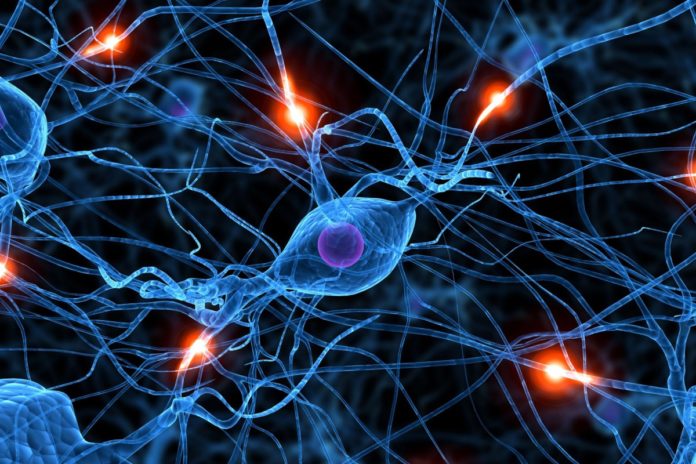A new study by the Harvard scientists suggests that the routes that may help guide therapies for multiple sclerosis (MS) and other neurologic diseases. This enabled them to tease out the key players involved in the gut-brain connection as well as in the crosstalk between immune cells and brain cells.
Scientists used both animal models and human cells from patients for the study. They then unraveled the intricate transaction that permits the side-effects of microorganisms living in the gut to impact the movement of neurodegenerative diseases. The study is the first of its kind that suggests how microbial products may act directly on microglia to prevent inflammation.
The study highlights the impact of gut microbes on two kinds of cells that assume real parts in the central nervous system (CNS): microglia and astrocytes. Microglia is responsible for scavenging the CNS and getting rid of plaques, damaged cells, and other materials that need to be cleared. But microglia can also secrete compounds that induce neurotoxic properties on the star-shaped brain cells known as astrocytes. This damage is thought to contribute to many neurologic diseases, including multiple sclerosis.
Scientists explored how microbial products may act directly on microglia to prevent inflammation. They found that the byproducts that microbes produce when they break down dietary tryptophan — an amino acid found in turkey and other foods — may limit inflammation in the brain through their influence on microglia.
Scientists discovered the compounds resulting from the breakdown of tryptophan can cross the blood-brain barrier, activating an anti-inflammatory pathway that limits neurodegeneration. The researchers also studied human multiple sclerosis brain samples, finding evidence of the same pathway and players.
Corresponding author Francisco Quintana of the Ann Romney Center for Neurologic Diseases at BWH said, “These findings provide a clear understanding of how the gut impacts central nervous system resident cells in the brain. Now that we have an idea of the players involved, we can begin to go after them to develop new therapies.”
“It is likely the mechanisms we’ve uncovered are relevant for other neurologic diseases in addition to multiple sclerosis. These insights could guide us toward new therapies for MS and other diseases.”
The study, conducted by investigators from Harvard-affiliated Brigham and Women’s Hospital (BWH), was published this month in Nature.
